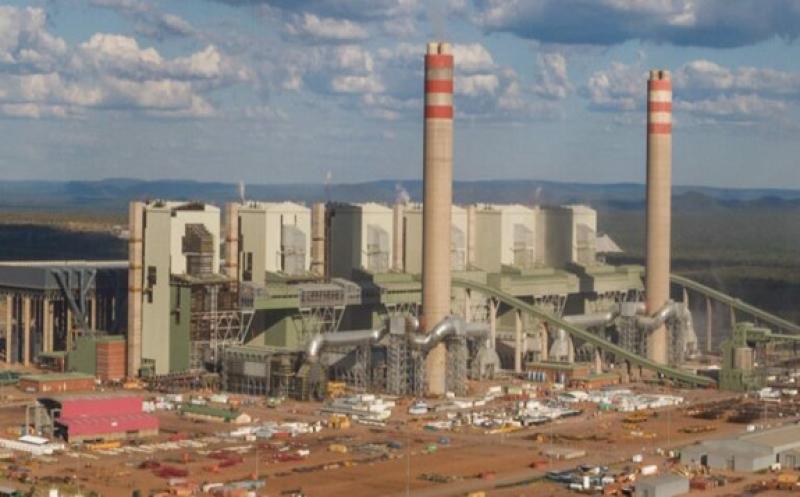A US$57.67 million loan towards the development cost of large-scale battery energy storage system projects will be made to South Africa’s public electricity utility Eskom by the African Development Bank.

The bank’s board of directors said last week that the loan has been approved, assisting the development of 200MW of four-hour duration battery storage (800MWh) at seven sites in the country. They will be constructed in South Africa’s Western Cape, Northern Cape, Eastern Cape and KwaZulu-Natal provinces.
The African Development Bank financing will be a concessional loan coming from a US$5.4 billion multi-donor trust fund called the Clean Technology Fund, part of its Climate Investment Funds. The overall Battery Energy Storage Systems Project is being financed together with the World Bank and New Development Bank.
The battery systems will help increase the regions’ usable share of electricity generated from renewable energy sources. In particular, renewable energy that would otherwise be wasted or curtailed as surplus during times of over-generation will be stored and dispatched at peak times. The African Development Bank said this would reduce reliance on fossil fuels at those peak times.
“The approval of the Climate Technology Fund facility reflects the African Development Bank’s strong commitment to support South Africa’s Just Energy Transition plans, prioritising investment in new low-carbon generation capacity and new technologies such as battery storage,” African Development Bank acting director for renewable energy and energy efficiency Dr Daniel Schroth said.
“This comes at a critical moment as the world is gearing up for action at COP26.”
Eskom, which is state-owned and provides about 95% of South Africa’s electricity, has said it expects 30GW of new generation capacity to be added in the country by 2031, mainly from solar PV and wind. This would increase the national share of renewables to more than 40%. It has identified the need for several gigawatts of energy storage to integrate this new capacity and stabilise the system.
The utility has also been in financial trouble over the past few years which it is working to turn around. There have been energy shortfalls caused largely by an ageing fleet of mostly coal-fired power plants which as recently as earlier this week led Eskom to ask the public to use electricity sparingly, with over 17GW of breakdowns and more than 3GW of planned maintenance taking generation capacity offline.
It took a step towards addressing the shortfall with a recent tender for 2GW of dispatchable energy capacity. Bidders needed to be able to make their energy available from 5am to 9:30pm each day and the so-called Risk Mitigation Tender’s winners included 420MW of solar PV with 1,400MWh of battery storage, expected to come online next year. Eskom is also allowing more large commercial and industrial entities to produce their own onsite power as well as launching a pilot for them to procure renewable energy from the utility.
On 2 November, South Africa’s president Cyril Ramaphosa announced the joining of a partnership with the governments of France, Germany, the UK, US and with the European Union to ensure a just transition to a low carbon economy and climate resilient society in South Africa.
This will help the country achieve its nationally determined contribution (NDC) submitted ahead of the COP26 United Nations climate talks. South Africa has a target range of emissions of between 420 CO2-eq and 350 CO2-eq by 2030.
The new partnership will mobilise US$8.5 billion over three to five years in grants, concessional finance and other instruments to support the NDC’s implementation.
“Climate change is an existential challenge that confronts us all, and South Africa is committed to playing its part in reducing global emissions. The partnership that we have established today is a watershed moment not only for our own just transition, but for the world as a whole,” President Ramaphosa said.
“It is proof that we can take ambitious climate action while increasing our energy security, creating jobs and harnessing new opportunities for investment, with support from developed economies.”